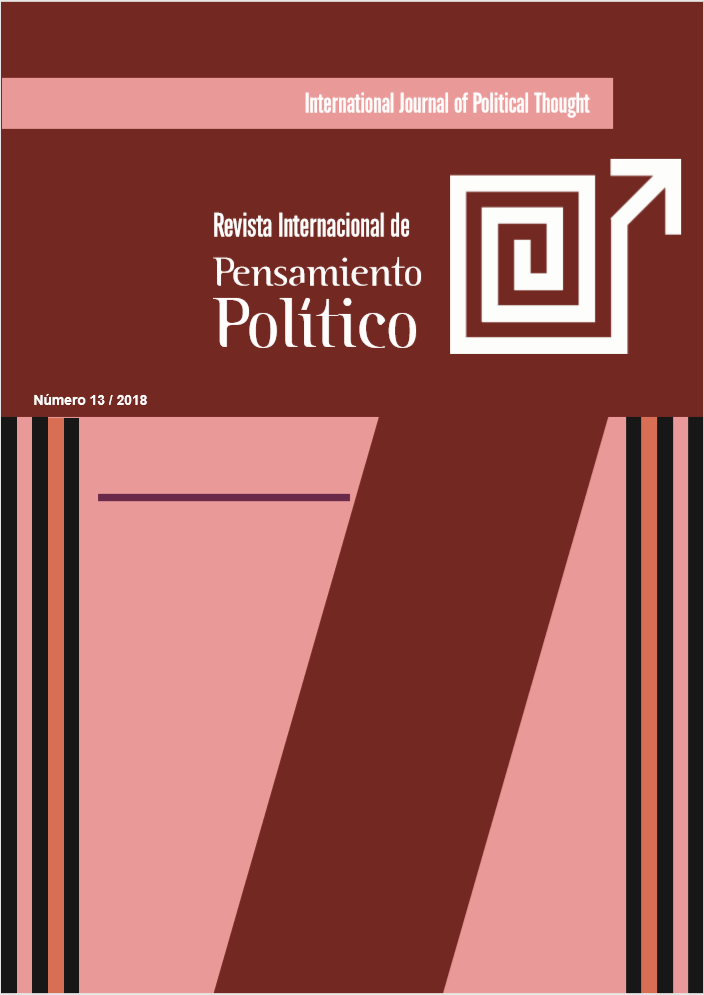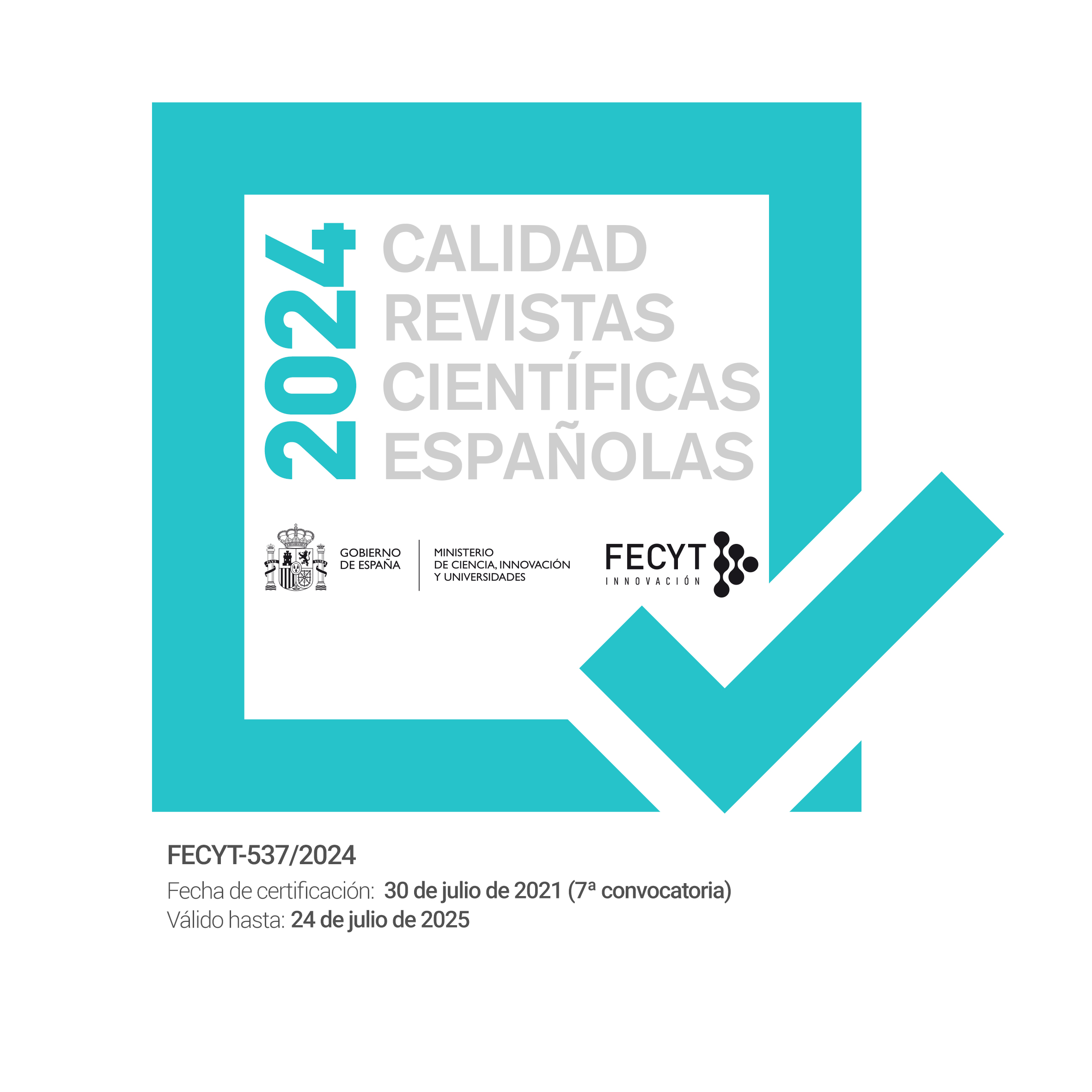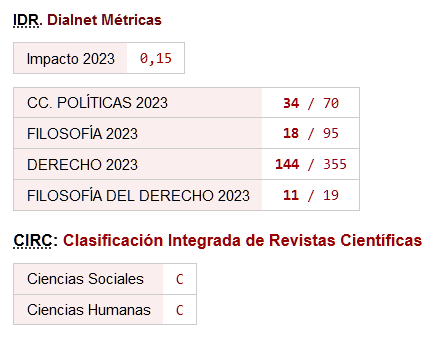Private international law and personal statuses of non-muslims in the land of islam: infinite freedom, zero public order
DOI:
https://doi.org/10.46661/revintpensampolit.4085Keywords:
public order, private international law, Personal status, family, personalism, Muslim law, liberalism, multiculturalismAbstract
Between raw and assimilationist territorialism on the one hand, and unfinished and evasive personalism on the other, the handling of personal status in private international law should pursue a third way combining tolerance, liberalism and clarity. Drawing from these main theoretical
foundations, Muslim law has always striven to maintain a sincere multiculturalism. Family affairs being one of the most conducive areas to the implementation of such an endeavor, an infinitely personalist, lenient and liberal approach, fully recognizing the cultural specificities of minorities and rejecting the recourse to techniques of exclusion and negation of the other, was born since the very beginnings of this law. Since then, an ultraliberal welcoming of foreign family institutions has been an extension of a sustained millennial tradition that have withstood over centuries the territorialist temptations of an international law which has never ceased to develop an extreme egocentrism. Its legal foundations are strikingly clear, precise, and simple that it would be impossible to override them without violating the very spirit of the central legal dogma supporting such a tradition.
Downloads
References
Foblets Marie-Claire, Femmes marocaines et conflits familiaux en immigration : quelles solutions juridiques appropriées ? Éditions : Maklu, 1 jan. 1998
Moussa, Appoud. Précis en Droit international privé (ouvrage en langue arabe), éditions Manchourat Almarkaz Attakafi Alaarabi, 1994, Casa Blanca, pp. 169-180.
Najm Marie-Claude, Principes directeurs du Droit international privé et conflit de civilisations, relations entre systèmes laïques et systèmes religieux, éditions : Dalloz, nouvelle Bibliothèque de Thèses, Thèse, 2005. (A l’origine l’ouvrage est une thèse de doctorat en Droit de l’université Pan- théon-Assas Paris II, 2003, page 88.
Niboyet, Marie-Laure et De Geouffre De la Pradelle, Droit international privé, éditions GDJ Collection : Librairie générale de Droit, Paris.
Nicolas, N. Ordre public et lois de police en Droit international privé, thèse de doctorat en Droit, université Robert Schuman, Strasbourg III, faculté de Droit, des sciences politiques et de gestion, 2003, p. 369.
Rouland, Norbert. L’Etat français et le pluralisme : histoire politique des institutions publiques (de 476 à 1792), éditions : Odile Jacob, 1995.
Spinner-Halev Jeff, Surviving Diversity: Religion and Democratic Citizenship, Baltimore, Johns Hopkins University Press, 2000.
Vallindas Petros-Georges, Le principe du Droit unique en Droit international privé grec, in Revue hellénique de Droit international, 1948.3
Weber Max, Le savant et le politique, éditions: Union Générale d’éditions, 1963, Collection : Le Monde en 10-18, Paris, 1963.
Wengler Wilhelm, L’évolution moderne du Droit international privé et la prévisibilité du Droit applicable, in Revue critique de Droit international privé, 1990.
Downloads
Published
How to Cite
Issue
Section
License
Copyright (c) 2021 Abdelali Adnane

This work is licensed under a Creative Commons Attribution-NonCommercial-ShareAlike 4.0 International License.
Open access policy
Free and open access is allowed to any interested party to all the contents of the journal issues, free of charge, being able to print and transfer all the articles, with the only condition of specifying the source and authorship.
The journal: a) does not charge authorship costs for the processing of articles or for their submission, b) maintains copyright for authors without restrictions, c) facilitates authors to keep their publication rights without limitations.
The International Journal of Political Thought is an original work of the Laboratory of Political Ideas and Practices of the Pablo de Olavide University. All articles included in the Journal are original work of their respective authors. This Journal is freely offered to the scientific and academic community at no cost and releases the contents according to the license "Attribution-NonCommercial-ShareAlike 4.0 CC BY-NC-SA" of the Creative Commons project available in the following url: https://creativecommons.org/licenses/by-nc-sa/4.0/legalcode
If you wish to translate or compile any of the articles available here, please contact us at contacto













 ISSN: 1885-589X
ISSN: 1885-589X  Universidad Pablo de Olavide
Universidad Pablo de Olavide